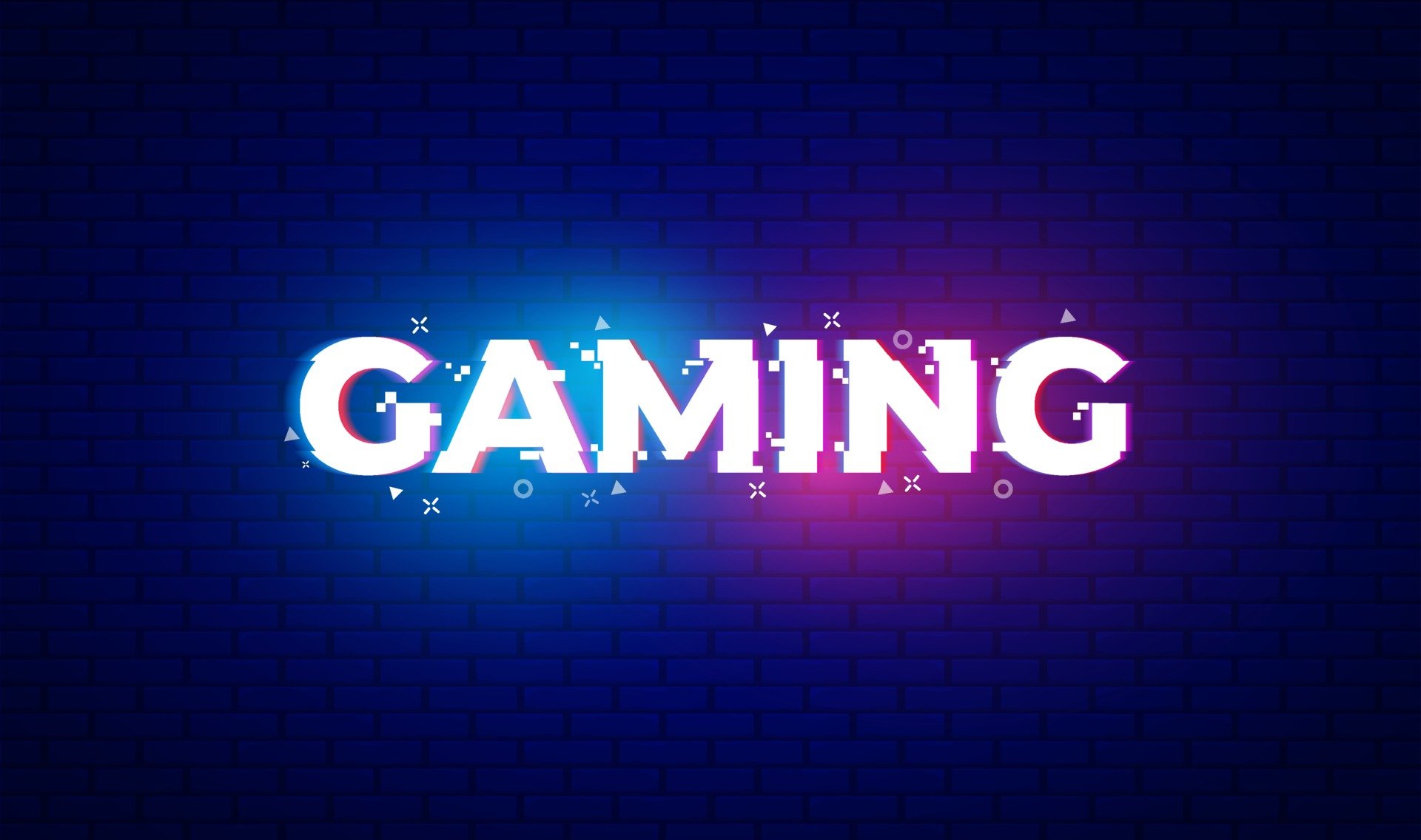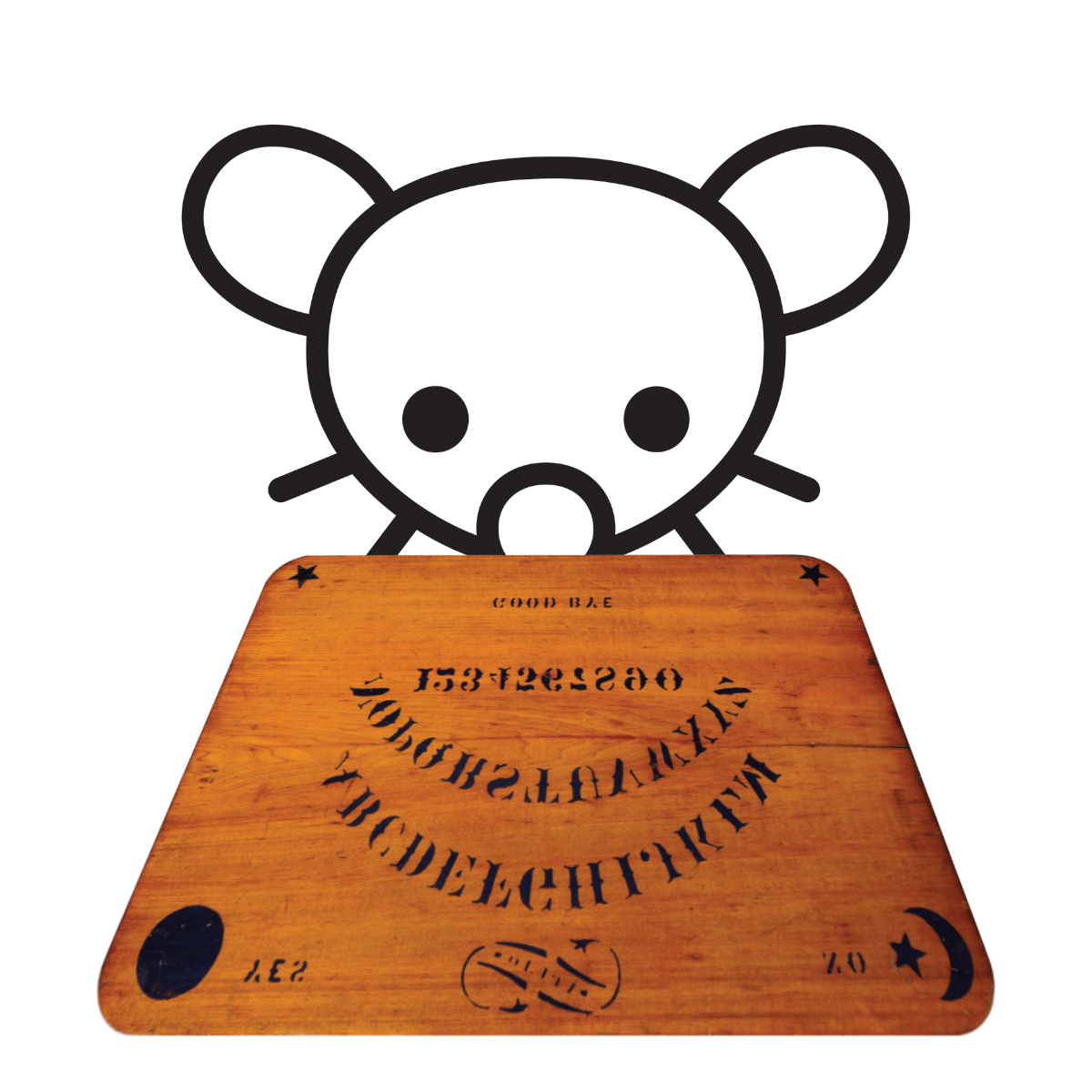

I was curious to learn more about this, because it sounded interesting, so I googled it. I’m guessing you’re talking about the interstitium? There’s a lot of criticism of that episode for inaccuracies about the interstitium (known for much longer than the 5 years the episode claims - it’s been mainstream since at least the 80s), traditional Chinese medicine (the treatments they mention have been proven to be no more effective than a placebo) and the connection between the two (there’s no relation between the interstitium and the lines predicted by chi). Everyone in the discussions I found sounded pretty disappointed in the episode.
Even if it’s usually pretty accurate (I don’t actually know whether it is), radiolab is not the same thing as the scientific establishment, and this is probably why the OP asked if anyone who does science for a living rather than reading pop science articles could reply.












Parts of it remain indecipherable without the social context, however, as the writer explicitly assumes a mutual knowledge of some set of unspecified rules.